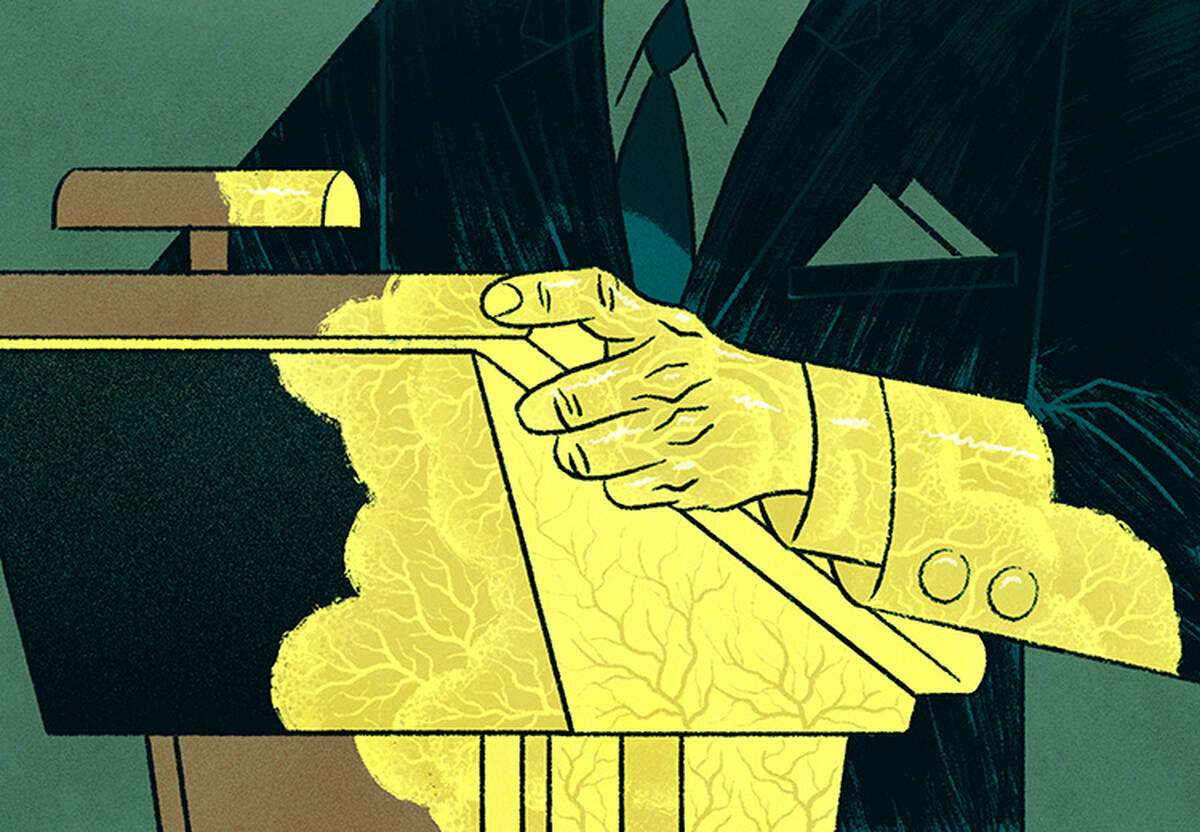Featured Faculty
Sandy & Morton Goldman Professor of Entrepreneurial Studies in Marketing; Professor of Marketing

Michael Meier
Whether we mean to or not, we sometimes break people’s trust in us. Even with the best of intentions, we might do something that makes others question our competence or our integrity. So, what can we do to limit avoidable breaches—or patch things up if we do step over the line?
Kellogg Insight takes a look at how we may repair trust once it has been broken, and how to encourage people to avoid trust breaches by acting ethically.
Trust is a lot easier to break than it is to repair. But it turns out that certain types of trust are more difficult than others to rectify. And depending on the type of violation—whether it is the result of incompetence or a lapse in integrity—attempts to apologize can be more or less effective. As part of The Trust Project at Northwestern, Cecily Cooper, an associate professor of management at the University of Miami, discusses research findings related to trust repair.
Of course, the ideal solution for developing trusting business relationships is for everyone to act ethically. But feelings of power—or powerlessness—can have a significant influence on how people might act when faced with ethical dilemmas. And research from Kellogg School professor Derek Rucker shows how changing the way we frame expectations of people in power might help change their behavior.
“There’s this long-held lay belief that power corrupts,” Rucker says. “We’ve been probing and pushing at that idea in different ways. We really want to pick it apart and ask: When is that belief true and when is it not true?”
Rucker and his co-authors conducted experiments to study the relationship between power and unethical behavior. In one, they asked some participants how they expect people in power actually behave—and asked others how people in power should behave. Then they asked those same participants how they would act in a hypothetical moral quandary. The results showed that there may be a link between the actions of people who feel powerful and their expectations about how they should behave.
This finding may serve as a starting point for curbing unethical behavior in political and corporate organizations.
“People say power corrupts your mind and how you see the world — but it’s not just about having power. It’s what comes to mind with that power.”